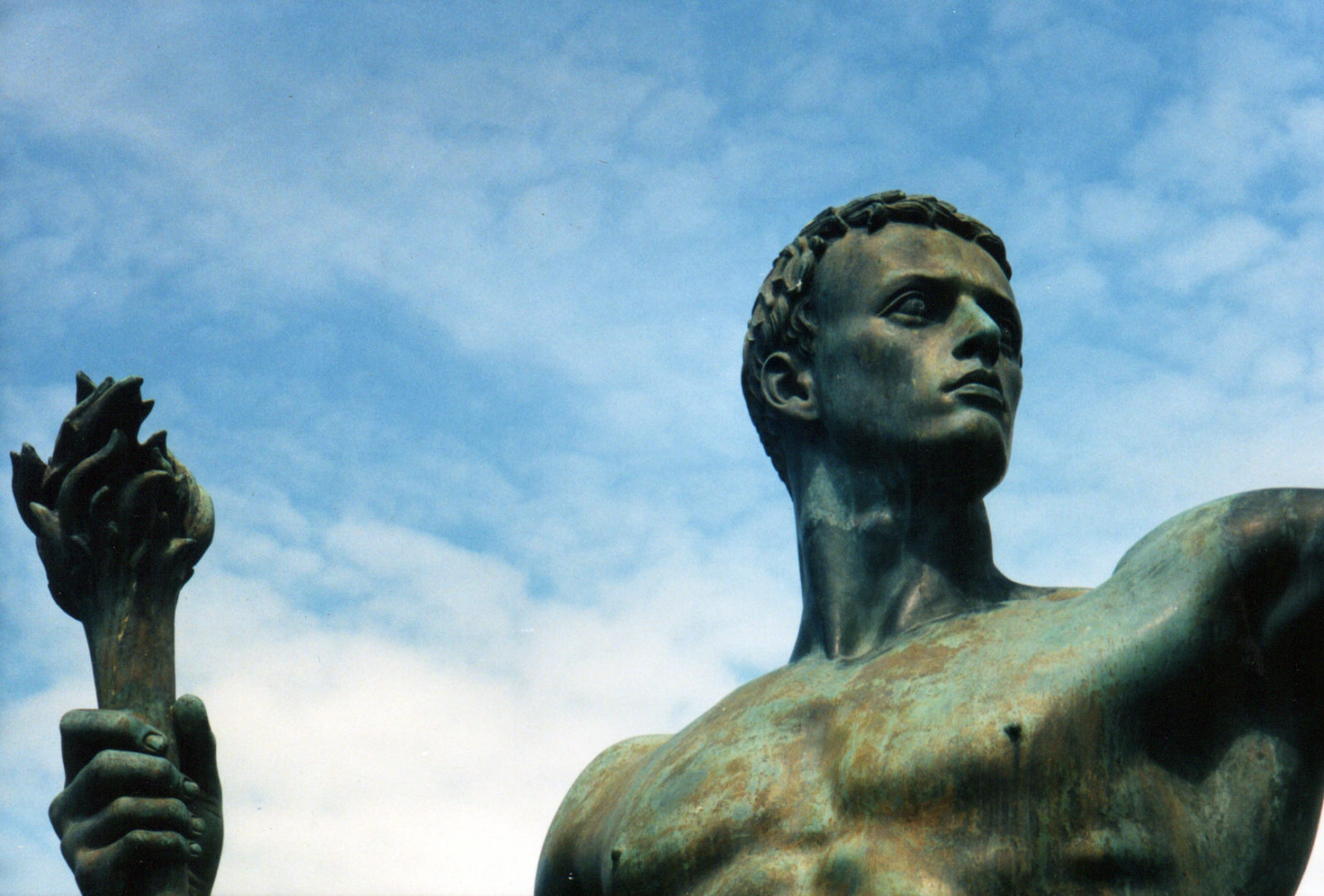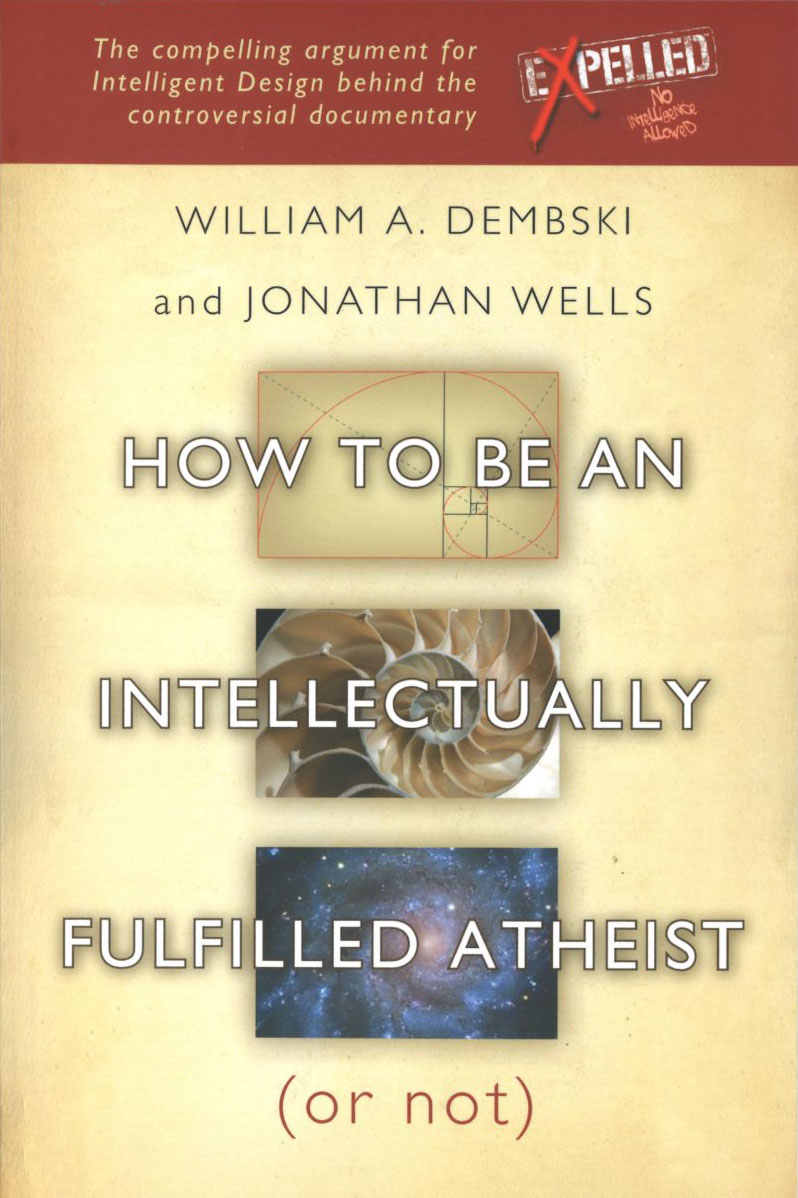Atheist Antithesis
It is fashionable to note that there is nothing new in the “New Atheism” of Richard Dawkins, Daniel Dennett, et. al. However, they offer at least one genuinely new challenge to theistic belief: a challenge from developmental and cognitive psychology. Evolutionary biologists typically explain an organism’s existing traits-such as man’s propensity for religious belief-by reference to natural selection; existing traits Read More ›


